Poll: Is the analog mixer dead for live sound?
Is the analog mixer a dead technology in live sound? When was the last time you saw an analog desk in use at a gig? Has the analog mixing desk gone the way of video cassettes, or does it still offer clear advantages? Pull up a chair, pour yourself a drink, we’re going in…
When was the last time you mixed live on an analog desk? And when was the last time you saw an analog desk either at a club or venue? Go on, have a think, I bet the answer will surprise you! It made us wonder if the analog mixing desk is becoming an endangered breed in the world of live sound; it didn’t seem so long ago that people hated the very idea of mixing on a digital desk, and yet now they’re everywhere…
Is the Analog Mixing Desk Dead?
Live sound is reliant on the immediate workflow a hardware mixing desk offers; home studios often get by without even a control surface, relying on in-the-box DAW mixing. Live sound, however, is a very different beast. Anyone who’s ever mixed a festival will know the feeling of having every finger on the faders, trying to pull a mix into life using only one’s wits, senses and skill to guide you!
It’s that need for immediacy which let down many early digital consoles; overly fussy and convoluted control surfaces with hidden menus which were navigated by a handful of buttons. Totally inadequate for the fast-paced environment of live mixing. Tour riders from the early noughties would often state NO DIGITAL DESKS, such was the hatred early digital consoles were met with. How times have changed…
Digital: Simple and Fuss-Free?
The latest generation of digital desks, such as Behringer’s new WING digital mixing console, Allen & Heath’s Avantis, the PreSonus Studio Live III S or Avid’s Venue series, offer tactile interfaces that are simple to navigate, great sound quality and of course the ability to recall all level, EQ and effects settings in the blink of an eye. The combination of cost, power, size, weight and instant recall means digital desks have just about replaced analog mixers completely.
Of course, there’s always the exception to the rule: the analog mixer can be bought brand new for just a couple of hundred euros and are a great solution for keyboard sub-mixing or any situation which doesn’t need recall, integrated dynamics processing and so on. Likewise, there are still high-end users rocking flagship analog mixers where cost, size and weight aren’t an issue.
Do you mix live? Do you use an analog or digital desk? Leave us your thoughts in the comments!
11 responses to “Poll: Is the analog mixer dead for live sound?”

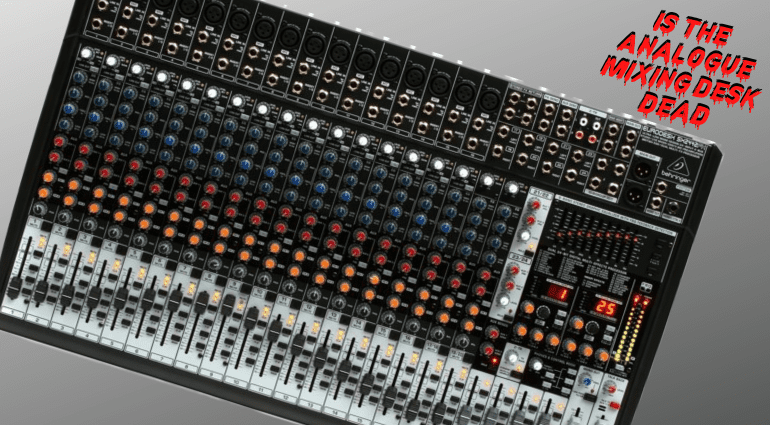

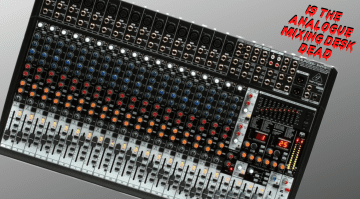

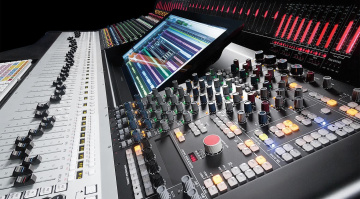
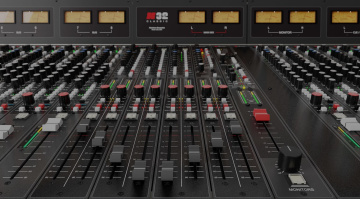
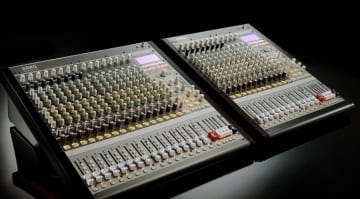
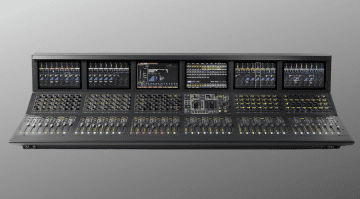
korg mw2408
nuff said
Not for me…
It’s got to depend on the venue. If a place has an analog system that’s been working for them for years and there haven’t been any issues integrating with newer digital technology, why try to fix something that’s not broken? A well thought out analog system is going to beat a ham-handed digital system any day. Bottom line, trust your main live sound person and if they say it’s time for an upgrade to digital then it’s time. I imagine nothing is worse than a venue owner who doesn’t ever run sound insisting on the latest and greatest when what you have works just fine.
I see them all the time.
I’m going back into live mixing after 20 years absence.
I’m buying an analogue mixing desk. 👍😁
Along with my fx rack I’ll do just fine.
Analog for me. I just can’t push digital consoles hard enough for the band I mix for without any distortion.
Having had my new Behringer xr18 air have transformer failure as well as faulty antenna. Plus the habit of losing touch with the tablet I would probably be still relying on an analog desk for now.
i like analog for stage mix , way easier to make slight adjustments.
I’ve mixed on every digital desk since the Yamaha DMP7 since the late 80’s, and they work fine for almost all situations. Dub mixing is the exception, when you are improvising on the moment, reaching for a knob at a milliseconds thought, you need all the controls in front of you. It is almost the only thing digital can’t do.
Depends on which analogue console—some of them were pretty awful! A good analogue console can be very nice, you do, of course, need to drag along a FOH FX rack as well. I have both analogue and digital FOH desks and the analogues sound nicer: an 8 channel Neve for small gigs, a 16 channel Soundcraft Series 2 for larger shows.
Digital is about features, weight, recall; analogue is about mojo, grunt, slam and air!
After spending the last 20 years going from analogue to digital as a monitor engineer I can say a few things here.
One would be that for wedges digital was great, unlimited chopping of eq to get the deaf guys wedge literally on fire every time he goes near the Mic. However in a world of in ear systems by shure that sound crystal clear I need an analogue board to drive it. I just can afford to tour one so I’m going to have to deal with some soppy 200,000 dollar digico rather than a 5,000 dollar midas (which sounds better and is faster to use and pass signal) ….. Go figure
You are currently viewing a placeholder content from Facebook. To access the actual content, click the button below. Please note that doing so will share data with third-party providers.
More InformationYou are currently viewing a placeholder content from Instagram. To access the actual content, click the button below. Please note that doing so will share data with third-party providers.
More InformationYou are currently viewing a placeholder content from X. To access the actual content, click the button below. Please note that doing so will share data with third-party providers.
More Information